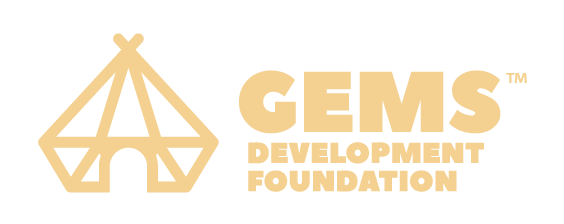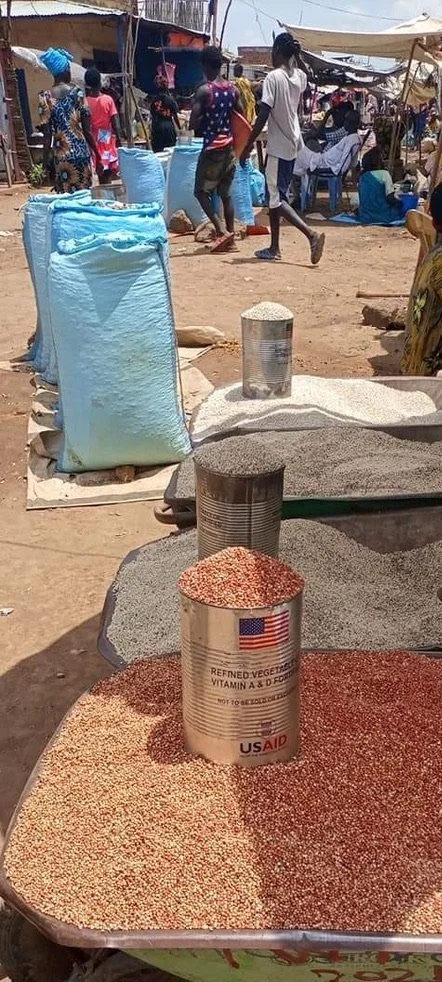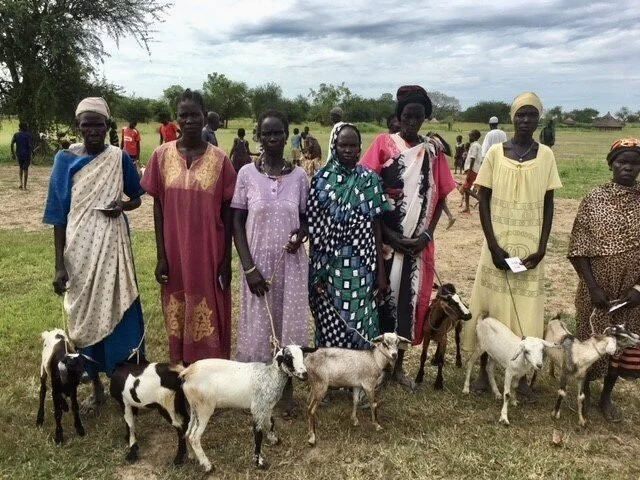War in Ukraine Continues to Affect Grain Prices
Recent reports show that grain has been released from Ukraine, and is on its way to be sold on the global market. However, in South Sudan, the grain shortage and humanitarian crisis continues.
Sorghum, wheat, and maize prices continue to skyrocket in the northern town of Aweil, with a weekly food basket cost averaging fifty-one percent higher than this time last year. Unfortunately, changes in global commodity prices can take up to a year to filter down to local markets, according to the International Monetary Fund.
Rising Prices
Staple foods like grains have become too expensive for households to buy in the market.
“Lower prices are definitely good news for global food security,” said Frederick Greb, an economist with United Nations, “But we don’t have any reason to be less worried, given what we see happening on the ground. We’re still in a crisis of mega proportions.”
When global prices go down after a supply of goods floods the market, the declines are often overwhelmed by the impact of falling currency values in importing nations. The South Sudanese pound has lost at least 25 percent of its value against the American dollar. That is, effectively, a price increase for local companies or governments purchasing global commodities, which are priced in U.S. dollars. A sharply depreciating local currency and the exorbitant rise in food and fuel prices have put staple foods like sorghum beyond the reach of poor and food insecure families. Hunger has reached nearly every home in South Sudan.
GEMS Development Foundation Brings Relief
According to the World Health Organization, acute malnutrition often leads to increased migration as people move in search of food and pasture.
These disruptions often result in deteriorating hygiene and sanitation, and outbreaks of infectious diseases like cholera, measles, and malaria are already on the rise.
Moreover, lower vaccination rates and health services with insufficient resources could see a widespread increase in the number of disease outbreaks in South Sudan.
We need your help.
Despite these setbacks, GEMS Development Foundation continues to move forward with its mission to alleviate suffering and bring sustainable positive change to the challenges facing South Sudan. We are delivering goats and procuring other foods to stave off hunger in the communities we serve. We are also nearing completion of our healthcare clinic building project in Majak Goi and working with local government officials to develop our healthcare facility plans. This clinic will serve over 20,000 people in the surrounding villages.
With prices rising, we need more funding to serve the people of South Sudan. Every dollar donated will help us to extend our care for those suffering from hunger and disease.



